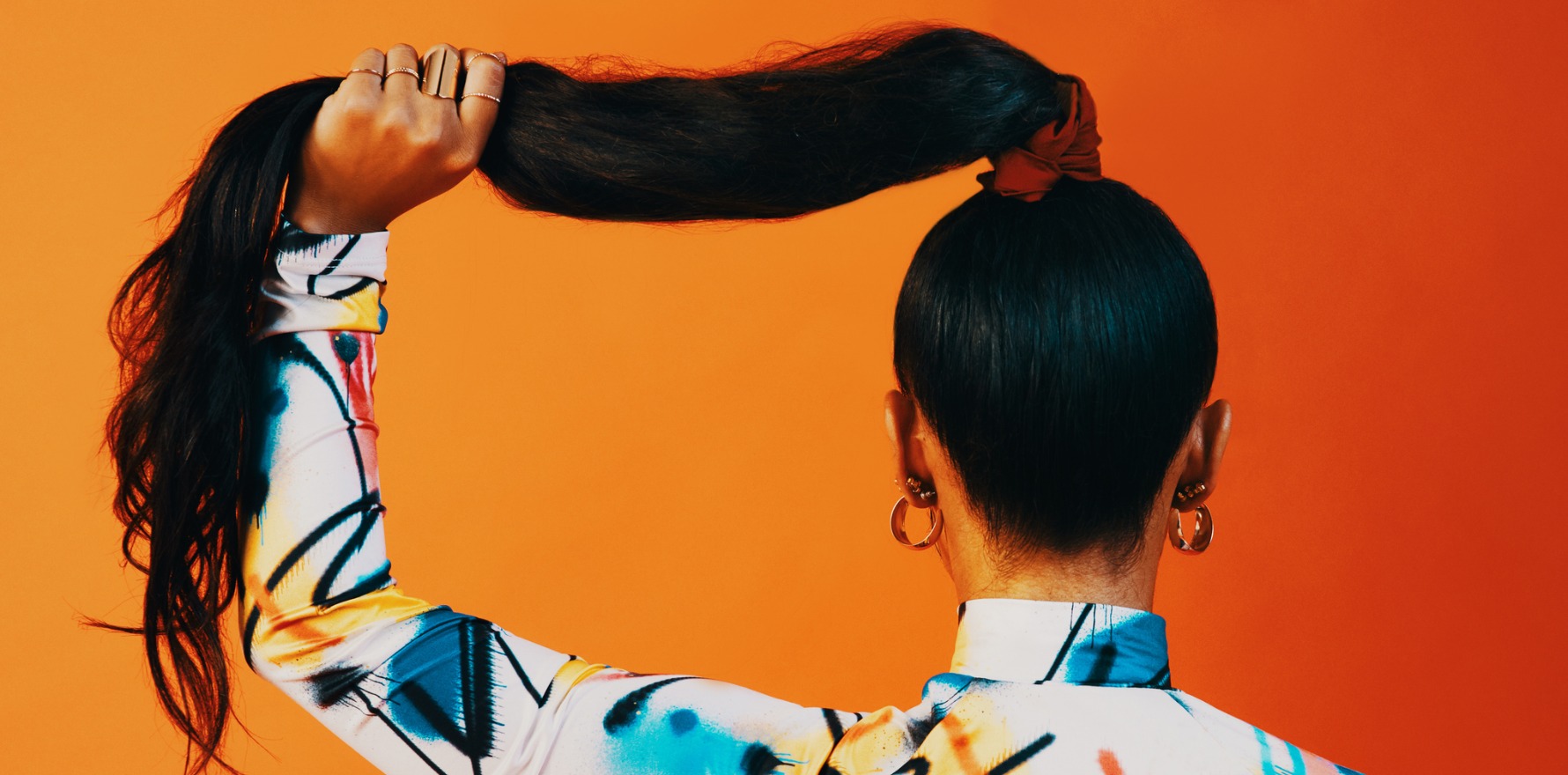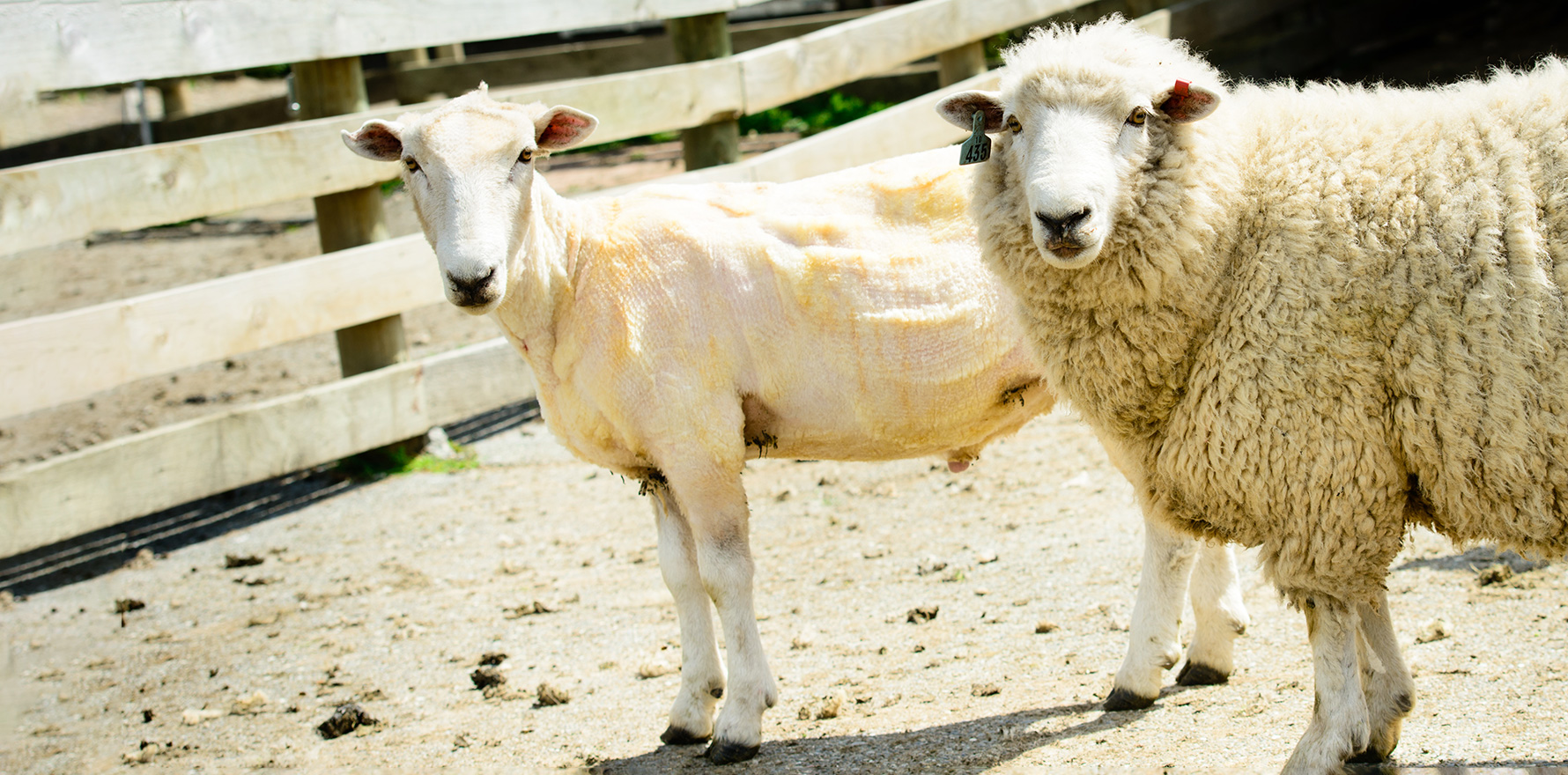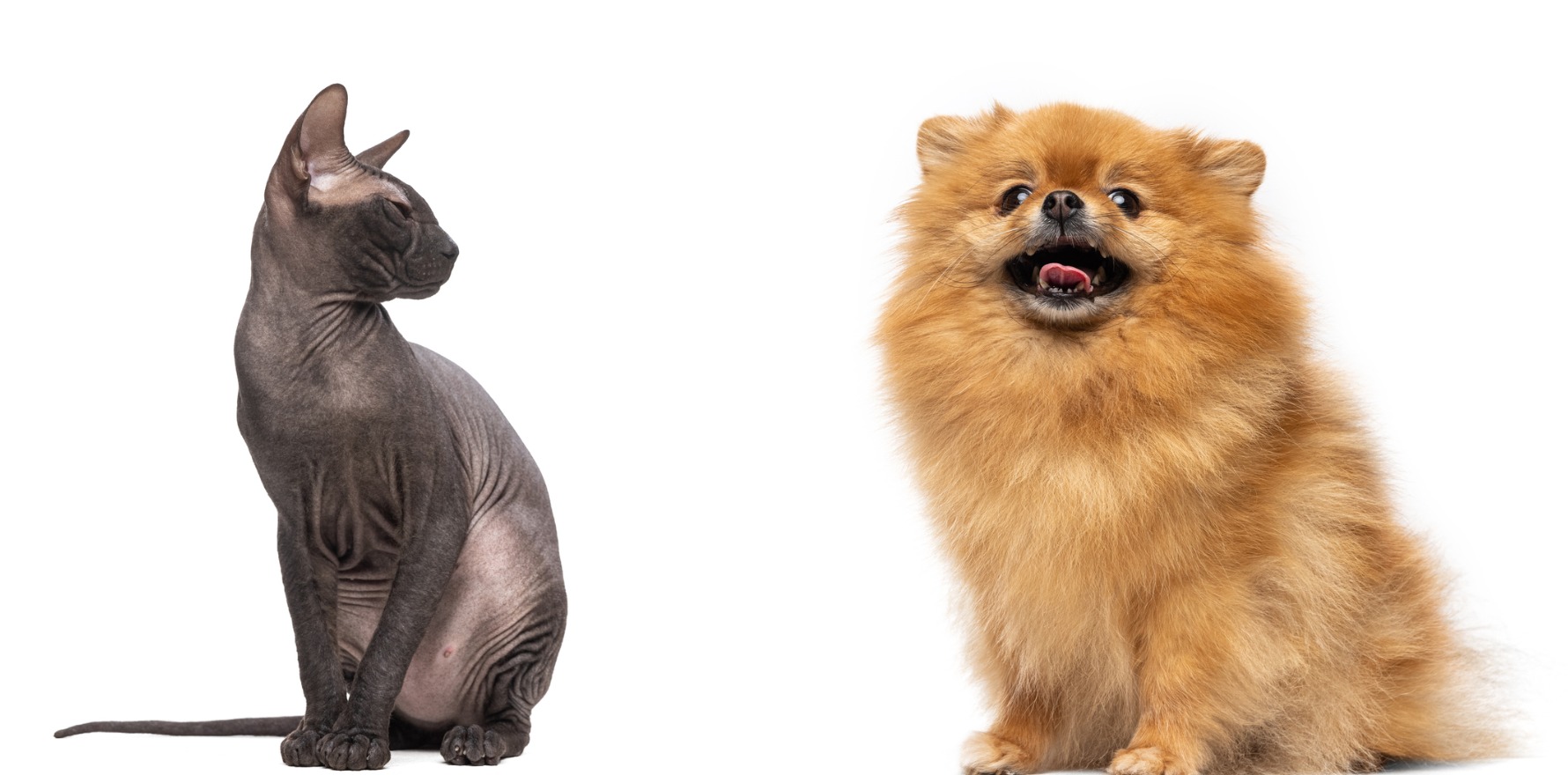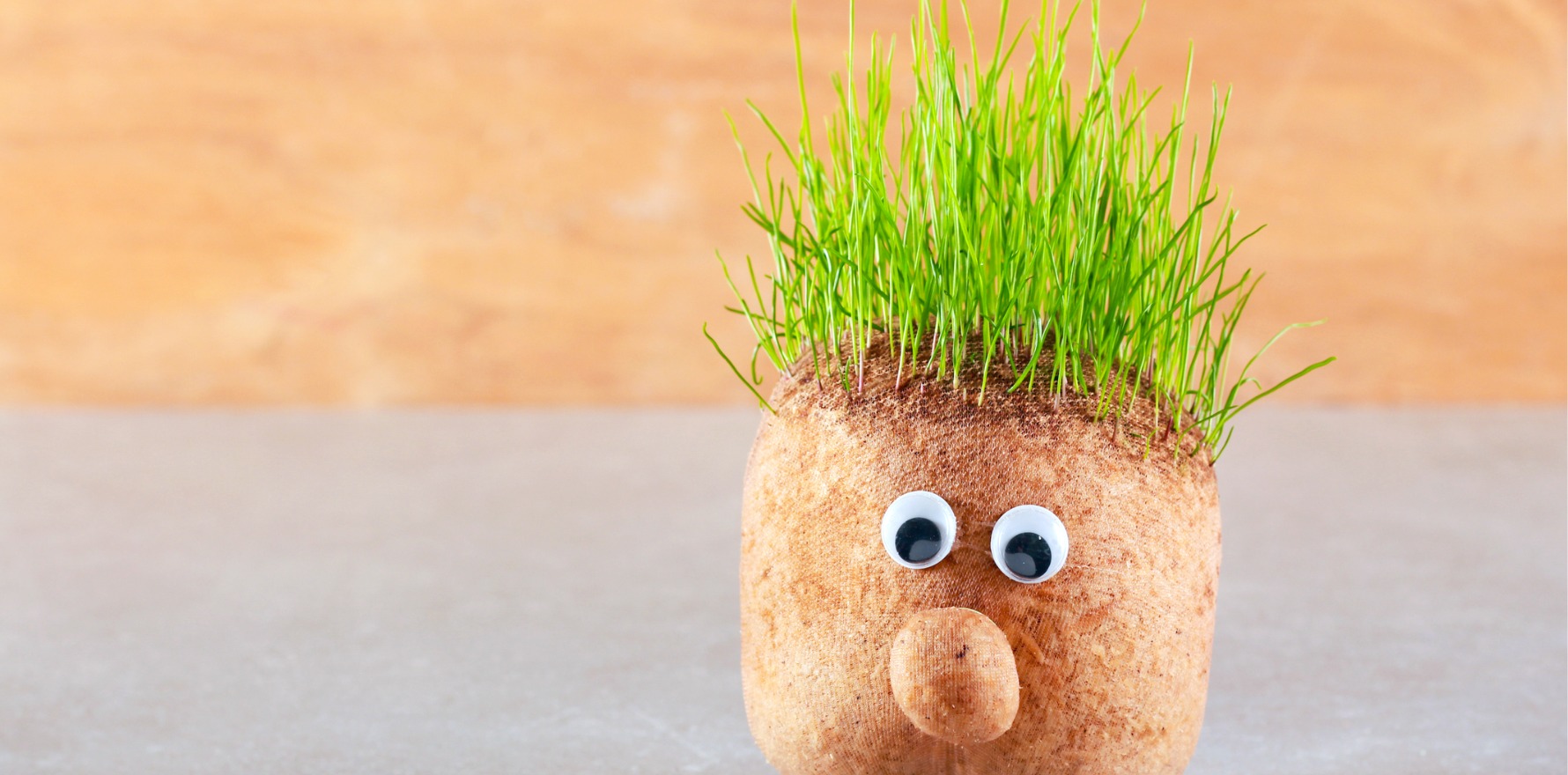
If you’re not thinking about nutrition when discussing hair loss, you’re not ‘covering the gamut’, according to one expert.
Find out what you should be putting on your plate to counter hair loss.
During her presentation at the recent South Beach Symposium in Miami, Associate Professor Glynis Ablon, an aesthetic dermatologist from the University of California Los Angeles, reminded delegates of the importance of considering nutrition when treating patients experiencing hair loss.
“I don’t know about you, but I have a conversation about nutrition with every skin condition that I see,” Professor Ablon told Healio.
“We talk about what people are putting in their body. And I think that is remiss to not do that with every single patient that you see in dermatology.”
There are six nutritional elements that play a crucial role in hair health, according to Professor Ablon.
Fish that contain high amounts of omega-3, vitamin D and other essential fatty acids – like tuna, mackerel and salmon – are first on the list for improving hair health. These fish also contain protein, selenium and B vitamins, which are also known to contribute to healthy hair.
Eggs are another good source of protein, but also contain biotin, which is involved in a number of metabolic reactions that synthesise fatty acids and glucose – both of which are important in maintaining healthy skin and hair.
Professor Ablon cited a 2016 study, published in the International Journal of Trichology, which reported that four in 10 women who complained of hair loss were biotin deficient, as further evidence for the importance of biotin in hair health.
Kale, spinach and other leafy green vegetables were also recommended, as they are full of vitamin A (involved in producing sebum, which moisturises the scalp and protects the hair). In addition, leafy vegetables contain iron, folate and vitamin C, which have been suggested to prevent hair loss.
Nuts – particularly almonds, walnuts and Brazil nuts – can also have a significant impact on hair loss, as they contain a range of goodies such as vitamin E, potassium, zinc, selenium and omega-3 fatty acids. You can even mix your nuts with chia, pumpkin or flax seeds – the next item on Professor Ablon’s list.
Finally – fruits that are rich in vitamin C and antioxidants are essential. Berries, cherries and oranges are among the recommended fruits and fruit extracts to protect follicles from hair loss and support collagen production.




